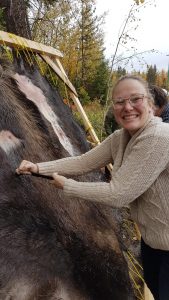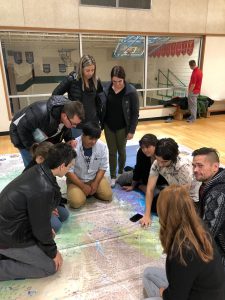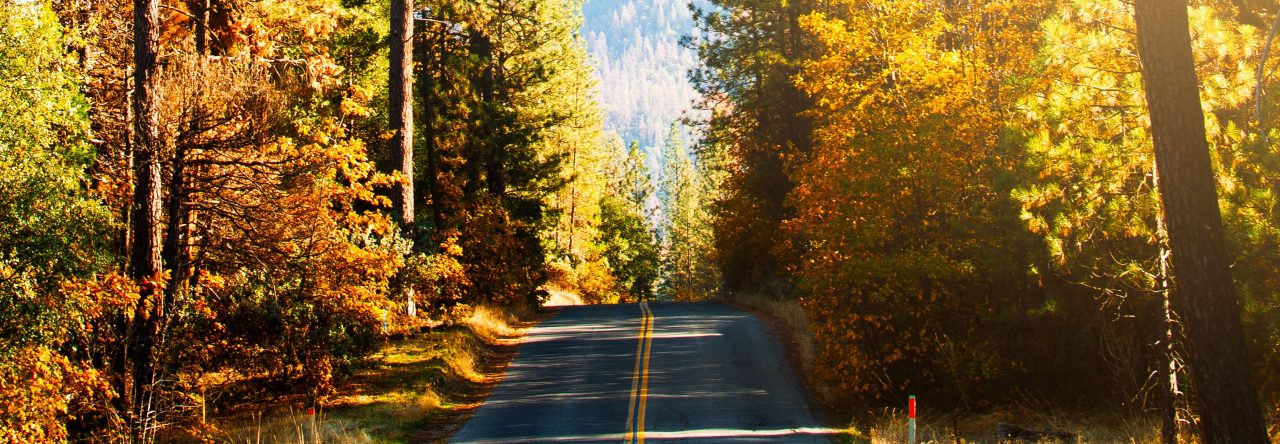Educators respect and value the history of First Nations, Inuit and Métis in Canada and the impact of the past on the present and the future. Educators contribute towards truth, reconciliation and healing. Educators foster a deeper understanding of ways of knowing and being, histories, and cultures of First Nations, Inuit and Métis.
I feel so privileged to have been able to share my journey with and learn from so many of my peers. I am so grateful to my indigenous peers and teachers for helping me to be more mindful and knowledgeable about First peoples ways of being and knowing.
During my two years at UNBC we talked extensively about place based learning and why that is so important to indigenous learning. Often my indigenous peers would share their experiences with place based learning in their own traditions and their stories we re always memorable. I will never forget the story my friend Leon told about how he, Tim and Carlo hunted the moose. He shared his experience, his traditions and his ritual with us not only in his storytelling but also when he brought the hide in for us to scrape.
re always memorable. I will never forget the story my friend Leon told about how he, Tim and Carlo hunted the moose. He shared his experience, his traditions and his ritual with us not only in his storytelling but also when he brought the hide in for us to scrape.
I will also never forget the experience of exploring the room sized Cana dian Indigenous history map that belongs to SD57. Being able to walk over this larger than life map and see all the places I’ve visited and then read about the vast and dark history that exists in those places was a powerful experience.
dian Indigenous history map that belongs to SD57. Being able to walk over this larger than life map and see all the places I’ve visited and then read about the vast and dark history that exists in those places was a powerful experience.
I tried to bring this knowledge and respect that I had gained through my experiences into my classroom. As I was teaching the socials unit I planned, I decided to change course for a lesson or two. At the beginning of February tensions between the Wetsuwet’en and Coastal Gas link were reaching an all time high. Rail lines and major roads were being blocked by protesters. I thought there was no better example of advocacy and activism being displayed than in our own backyard. I made a point of bringing students’ attention to first peoples perspectives on the matter. We read the story A River Ran Wild by Lynne Cherry and we watched news clips from an indigenous perspective. We had some heartfelt discussions and as a class came to the same conclusion that many did during this time: It is hard to reconcile the economic gains and livelihoods of many Canadians with the environmental implications of another pipeline. Either way, there are big losers. We were also able to have discussions about how this conflict is rooted deep in a long history of conflict with First Nations about the environment and natural resources. We all agreed that there needs to be a better way to proceed economically while respecting the rights of Indigenous Canadians.
As with inclusive learning, Indigenous learning needs to be approached with empathy and compassion. I know I am only at the beginning of my journey of learning with Standard 9 but I go into this learning with an open mind and an open heart and I hope I can be part of path forward with Truth and Reconciliation in Canada.
